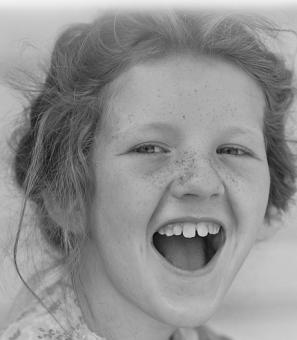When Chuck Berry Had the Boss As His Backup Band
Rock and roll pioneer Chuck Berry, performed in the Washington area numerous times during his career, including a July 1979 performance at the White House for President Jimmy Carter. But one of his most memorable local shows came a few years earlier, on April 28, 1973, when he played a show at the University of Maryland with fellow rock legend Jerry Lee Lewis, and an opening act who would go on to become one of the biggest superstars in rock — Bruce Springsteen.
Better yet, Springsteen and the yet-to-be-named E Street Band took the stage with Berry as his impromptu backup group.
On a previous visit to the Washington area in May 1970, Berry performed a show at George Washington University's Lisner Auditorium. It had been a tense scene, with antiwar protesters and cops facing off in the streets outside. The apolitical Berry had been upstaged by his opening act, fellow roots-rocker Bo Diddley, who hung around the stage door and delivered a hipster rant against the "Gestapo" police presence to a Washington Post reporter.
But three years later, with the Vietnam War winding down and President Richard Nixon already starting to lose his grip on power, the vibe of College Park, Maryland — which had seen its own share of rioting in 1970 — was distinctly mellower. That Saturday night, Springsteen and his group took the stage at the university's Cole Field House. Washington Post rock critic Tom Zito described the then-unheralded New Jersey performer's 30-minute set as "excellent," though he had a little difficulty characterizing Springsteen's style. (Zito described the Boss's music, oddly, as "influenced by rock and roll.") According to fan websites, the set included "Spirit in the Night," "Blinded by the Light," "Does This Bus Stop at 82nd Street?" and "Thundercrack."
Lewis, who took the stage next, had morphed over the years into more of a country musician, and the audience — who'd expected the wild rocker of his youth — apparently was underwhelmed.
As Springsteen recalled in an interview years later, Chuck Berry — who was coming off his first-ever number one hit, 1972's "My Ding-a-Ling," was nowhere to be seen until five minutes before he was to take the stage. He pulled up in his car and came in through a rear entrance with his guitar case in hand, but with no other musicians. As was his usual custom, Berry insisted upon being paid in cash before he would perform, according to Springsteen biographer Chris Sandford.
Instead, Springsteen and his band were deputized to back him up. By one account, Berry hired them on the spot, while in another retelling, Springsteen knew in advance. Either way, though, there was no rehearsal or soundcheck, or even a song list to work from. As a Los Angeles Times article would detail years later, that was the way Berry did things. He always signed for shows as a solo artist, after his booking agency told him it meant more money for him. And he didn't want to bother with supervising a regular group of musicians sober on the road. Instead, he settled for whoever happened to be around that night. Sometimes the result was ragged. Berry didn't care. He was living up to his contract. That was what mattered.
"We said, 'What songs are we going to do?'" Springsteen recalled. "He said, 'We're going to do some Chuck Berry songs.'" Berry probably assumed that just like the Beatles, the Rolling Stones, and about every other rock musician in the world, the E Streeters had grown up studying his work. Of course, he would have been right.
The show started with "Roll Over Beethoven," and with the first notes of Berry's trademark guitar intro, the audience of 7,500 surged forward to the stage in an ecstatic wave, swaying in rhythm to the familiar music. By Zito's account, it wasn't one of Berry's better performances, full of missed notes and moments when his voice drifted off-key. Even so, Berry and his soon-to-be-famous accompanyists apparently got the job done, as they ran through Berry's long list of hits, including "Sweet Little Sixteen," "Around and Around," and "Johnny B. Goode." John "Southside Johnny" Lyon came along with the E Street Band that night, and his harmonica playing earned accolades from Berry. "That white boy can blow," he told the crowd, according to Springsteen chronicler John D. Luerssen.
There were other issues with the performance, however. Author Craig Statham in Springsteen: Saint In The City recounts how confusion and bickering flared up behind the scenes at various points: "When the time came to play the first songs, the band was nearly quaking in their boots and things would only get worse when Berry called the first song in B flat. He then proceeded to castigate Garry Tallent and Viny Lopez for playing too fancifully, and Springsteen for playing his lead on his acoustic guitar, turning down the volume on his amp and telling him, 'Only Chuck Berry plays Chuck Berry licks.'"
Despite all this, the crowd danced in the aisles and on their seats until the set finished sometime after midnight. But then, boos erupted as Berry — as he always did — ignored their calls for an encore.


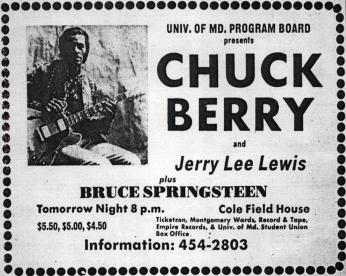
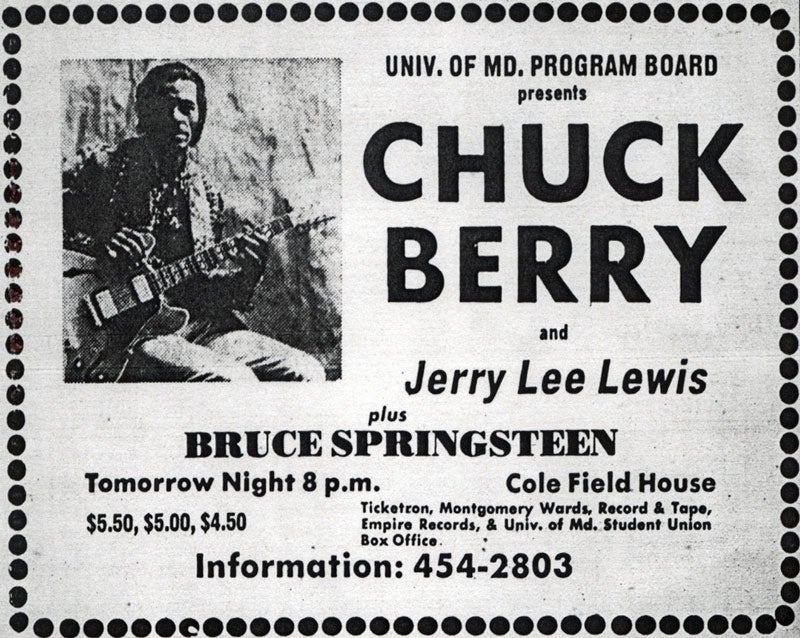
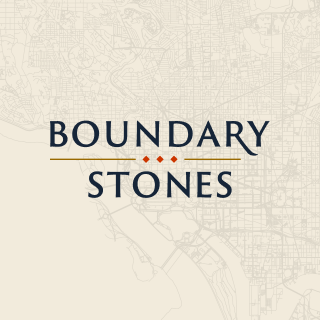
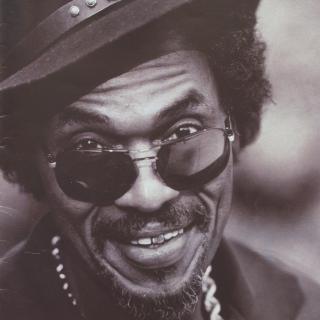
![Sketch of the mythical fuan by Pearson Scott Foresman. [Source: Wikipedia]](/sites/default/files/styles/crop_320x320/public/2023-10/Goatman_Wikipedia_Faun_2_%28PSF%29.png?h=64a074ff&itok=C9Qh-PE1)











